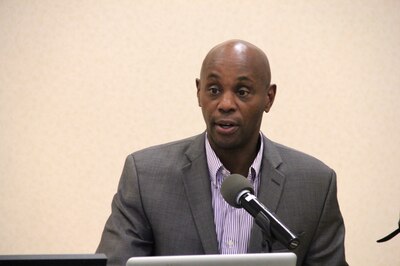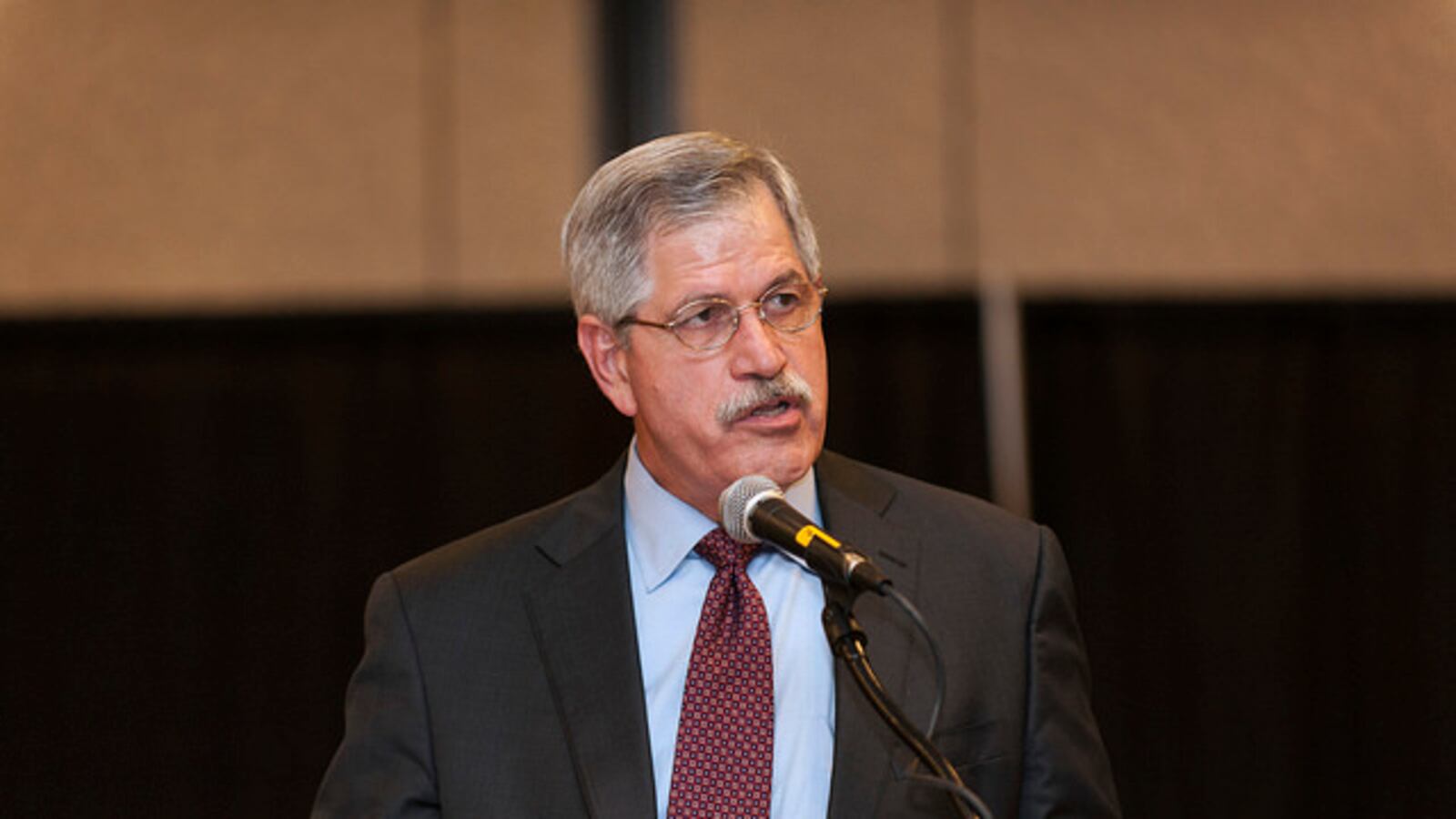Since Hamilton County Schools Superintendent Rick Smith suddenly announced plans last month to leave his job in Chattanooga, the state has found itself in an unusual position: Three of its four largest school systems are now seeking a new leader.
Only weeks before, Jim McIntyre suddenly announced his impending departure from Knox County Schools. A champion of teacher evaluations and data-led decisions, McIntyre said he was stepping down due to a lack of closure on his contract renewal and mounting opposition from school board members to his reform policies.
And Metropolitan Nashville Public Schools, the state’s second largest district, has been without a superintendent since last June when Jesse Register retired. Its school board has launched a second search after the first one didn’t pan out.
But the development in Hamilton County was the most unexpected.
Only nine months earlier, Smith was crisscrossing his county to sell a property tax increase to better fund schools that he said would help make Chattanooga “the smartest city in the South.” Unlike his predecessors who came from outside of Hamilton County (including Register, who led the Chattanooga district from 1996 to 2006), Smith had served as a teacher or administrator there for the better part of two decades. The school board — impressed by his industrious, albeit unsuccessful, effort to boost revenue for the district — recently had awarded him his highest approval mark yet and extended his $190,000 annual contract to 2019. Then came the arrests in December of three players on the Ooltewah High School basketball team on charges of raping a teammate. The subsequent fallout led to accusations that Smith and other leaders had bungled the district’s response to the tragedy, setting up the superintendent’s exit.
The pace of turnover in Tennessee’s high-profile districts has been dizzying in the last seven months. But it’s not abnormal, even if the circumstances of Smith’s departure are.
Nationally, the median superintendent tenure is between three and four years, making all three districts due for a new leader. McIntyre has headed the district in Knoxville for eight years, Register was with Nashville for six; and Smith has led Hamilton for four years in Chattanooga.
Jason Grissom, who studies superintendent turnover at Vanderbilt University’s Peabody College of Education, says retirements are the most common reasons that superintendents step down, followed by resignations. Dismissals are rare — likely because superintendents resign or accept buyouts before boards have a chance to fire them.
In Tennessee, as the three urban districts seek to fill their leadership void, they’re expected to turn to private search firms, as they’ve done in the past. But they may be looking for different types of candidates.
The nation’s 42nd largest school system, Metro Nashville has about 87,000 students, compared with 57,000 in Knox County and 43,000 in Hamilton County. Nashville’s new superintendent must be equipped to oversee a largely low-income student population from diverse backgrounds that includes a sizeable percentage of immigrants. The district also has a fast-growing charter sector and a higher percentage of low-performing schools.
After last year’s failed search for Register’s replacement, Nashville Mayor Megan Barry and the school board enlisted the help of a panel of local business, civic and education leaders to jumpstart the district’s second search. They found that salaries for leaders of urban districts ranged from $198,000 to $375,000 — a window that also would apply for Knoxville and Chattanooga, with Nashville likely on the higher end.

The Nashville panel also compiled a list of districts whose current leaders and administrations might be a good fit for Nashville, based on successes with similar student populations. It included Shelby County Schools, Tennessee’s largest school system in Memphis, where Dorsey Hopson became superintendent of the newly consolidated district in 2013. Last year, Hopson received a satisfactory grade from the school board, as well as a $15,000 bonus. He also has the support of the city’s community leaders.
Interestingly, while the superintendent is the most visible and highest paid leader in a school system, research shows that, compared to teachers and principals, they don’t seem to have much of an impact on student achievement.

